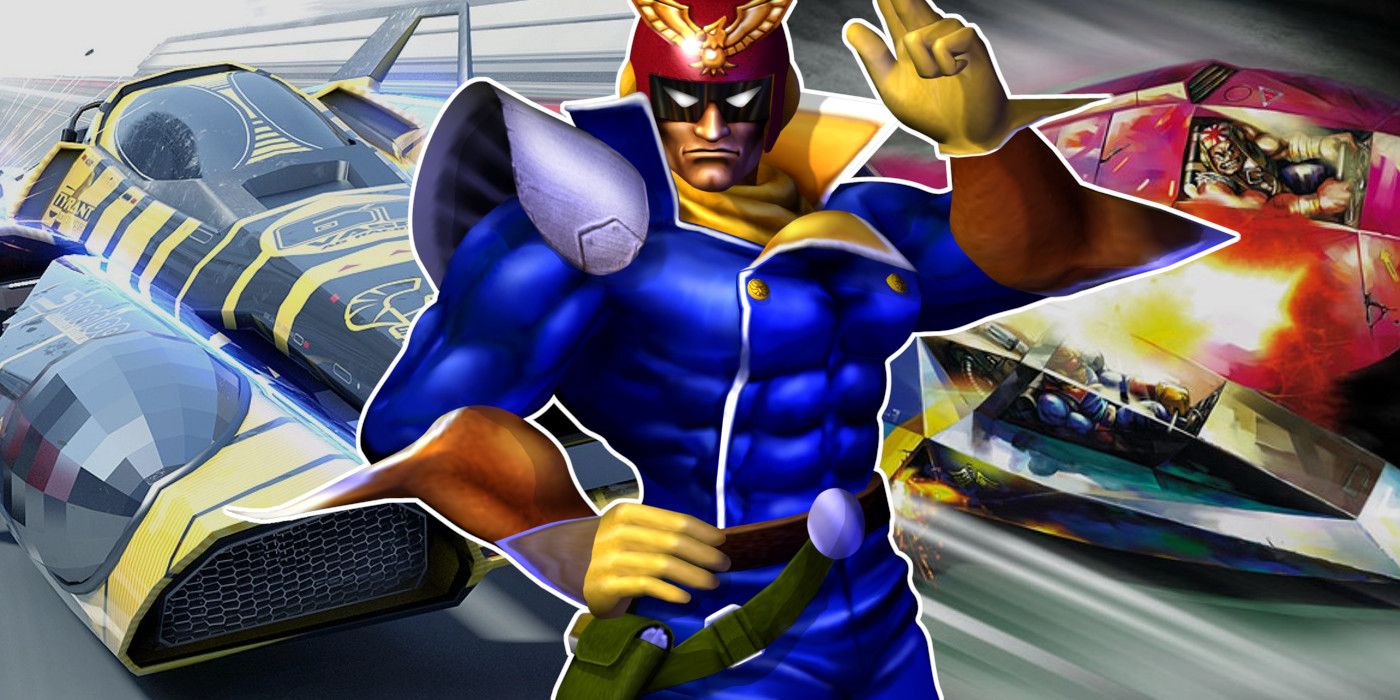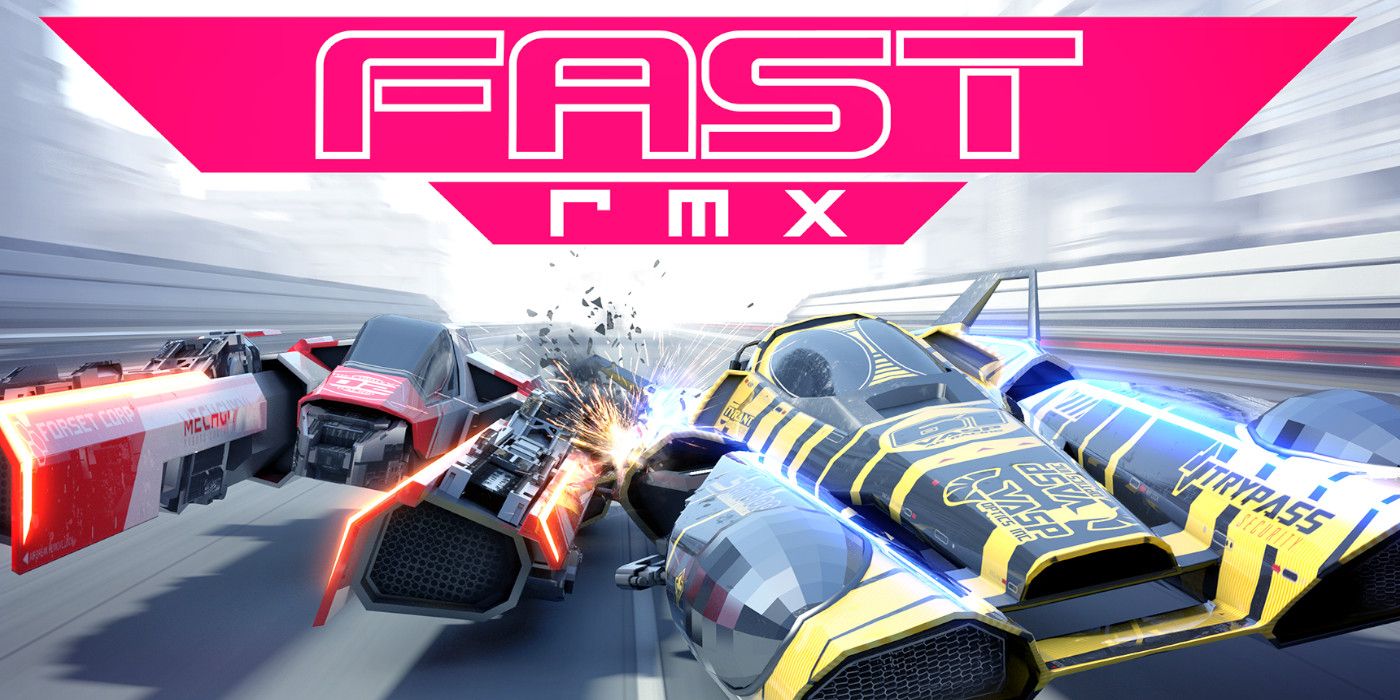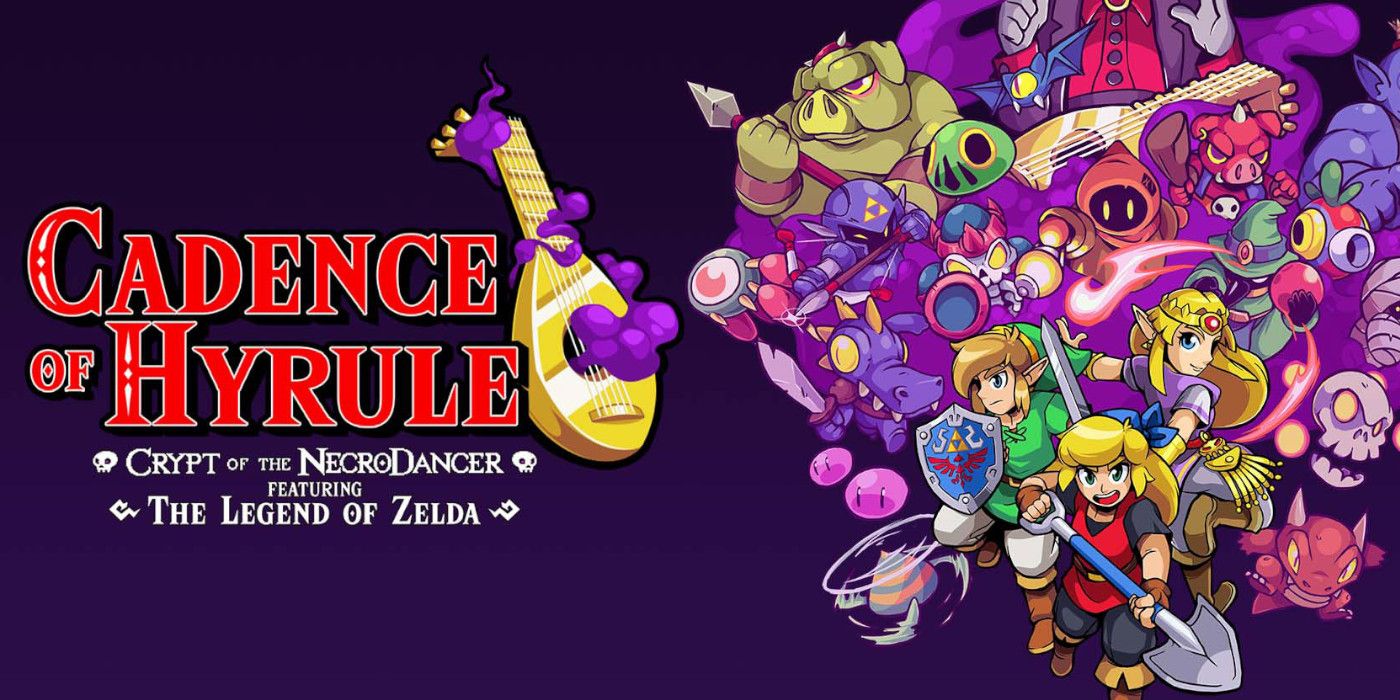Much to the community's dismay, it is becoming increasingly obvious that Nintendo has little direction for the F-Zero series and will likely not be releasing a new title in the foreseeable future as a result. However, there is still hope that the franchise may persist, but that hope lies in a different studio. The team for the job is Shin'en Multimedia, the indie developer behind the FAST Racing titles among other projects. Now more than ever, the two should collaborate to revive F-Zero.
This truly is a matter of timing and circumstance, not talent. After all, the talent of Shin'en Multimedia was never in question. Ever since FAST Racing League released as a WiiWare title, the studio's chops were clear. However, the team was also apprehensive to take on the F-Zero license. In 2013, the company noted that it would likely decline the opportunity to work on F-Zero should it present itself, as Shin'en Multimedia was focused on creating its own "legendary games." A lot has changed since 2013 for the team.
Shin'en Multimedia not only released two more exemplary FAST Racing games after that quote, but it also released myriad unrelated titles that have largely found critical acclaim. Its many experiences like The Touryst are indie greats, and they're certainly a crop of legendary games in their own respect. However, as it pertains to the Nintendo audience, Shin'en Multimedia's crowning achievements are still the FAST titles, which have moved toward legendary status with each entry.
For those unfamiliar, FAST Racing -- in reductive terms -- is an indie F-Zero already. It takes the tenets of speed, challenge and technical fidelity which made F-Zero famous, and puts them in the context of original mechanics. It's a divergent series, but one that owes much of its identity to Nintendo's racer. Conversely, Nintendo owes a lot to FAST Racing, as it has filled the Blue Falcon-shaped hole in the library.
FAST RMX was especially important, as it was a Nintendo Switch launch title. It helped ring in the technical fidelity of the machine and the accessibility afforded by split Joy-Con play. While The Legend of Zelda: Breath of the Wild naturally dominated launch, FAST RMX was right there with it, and those who gave it a shot found an engaging, difficult arcade experience. As such, these games and their growing importance within the Nintendo sphere particularly highlight the changing face of Shin'en. It has achieved greatness through its own IP and proved that worth to both Nintendo and the audience.
On a parallel track, Nintendo itself has begun to warm up to the notion of licensing out its IP. This has happened more in the AAA space, between Mario + Rabbids and its various Warriors partnerships. However, Nintendo also worked with Brace Yourself Games on Cadence of Hyrule: Crypt of the Necrodancer. Blending The Legend of Zelda with Brace Yourself's talents, the two collaborated on an indie-scale Zelda title that wowed fans. However, this game released back in 2019, and no analogous partnerships have appeared since.
It seemed as though Nintendo was setting a valuable precedent, where the publisher identified strategic opportunities to leverage its IP in the independent space. Unfortunately, Cadence seems to have inexplicably been a one-off experiment. This is a shame, as it could've opened the door for smaller IP to find a resurgence in a new market. Ideas such as a WayForward-developed Kid Icarus title seemed too good to be true. Regrettably, they just might be.
Yet, Nintendo must realize that key beloved franchises such as F-Zero likely don't have a future in-house despite fan outcry. That would seem to put the imperative on the company to smartly revisit its partnerships and forge new ones to meet demand. If a AAA-scale F-Zero lacks both financial and creative momentum, it's hard to imagine that a motivated, indie-scale F-Zero would. These opportunities are perfect, especially when a team like Shin'en Multimedia is already operating in that lane.
This synergy is almost too good to pass up. However, it shouldn't come at the cost of Shin'en Multimedia's creative autonomy if the team still wishes to work solely with original IP. Any team's talents are best utilized exactly where the team members want them to be. Ultimately, the studio should not be beholden to fan pressure should it still be chasing a future that doesn't include F-Zero. However, the partnership on the table is bold and beneficial to Nintendo, Shin'en and the audience. Should this align with the strategic trajectories of both companies, it's worth pursuing.



